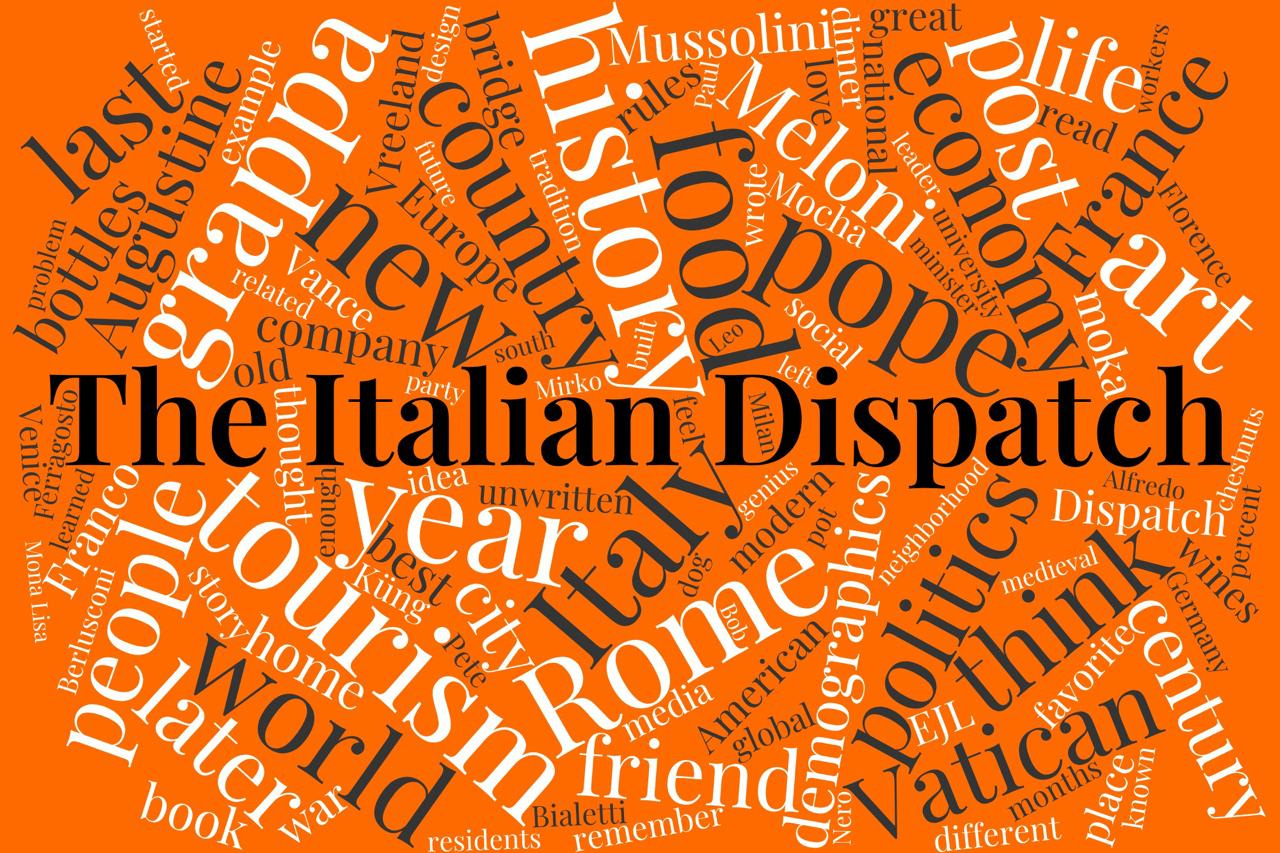Twenty-Five Essays Later
Stories about Spies, Saints, Police, Popes, Molise, and the Mona Lisa

Do you know Bob?
I stepped into a small alimentari in Ferrazzano, a hilltop town in Molise, to buy a few things so my friends and I could make panini. The clerk noticed my accent and asked if I was American. I nodded.
“Allora,” h…


